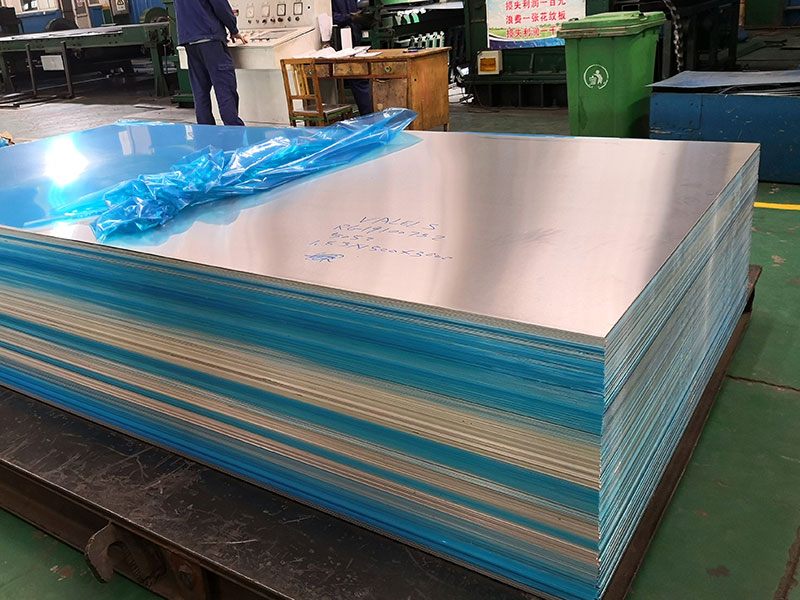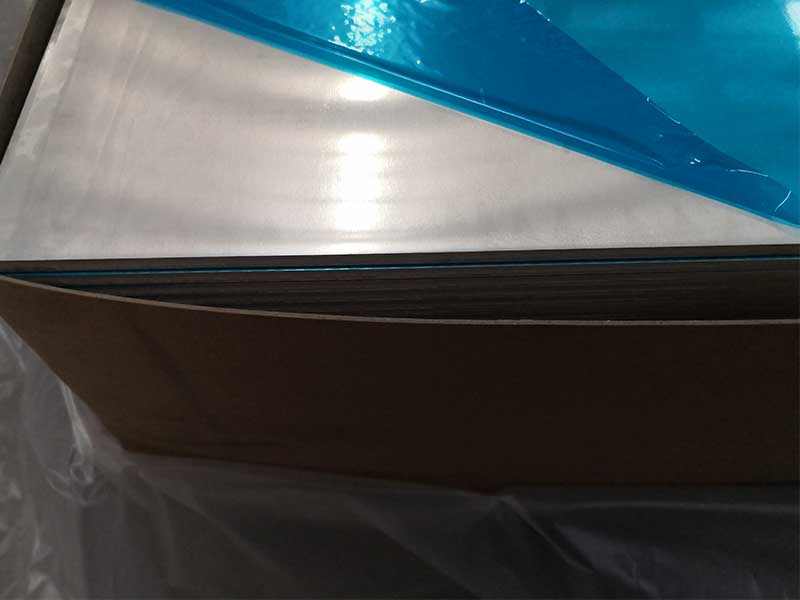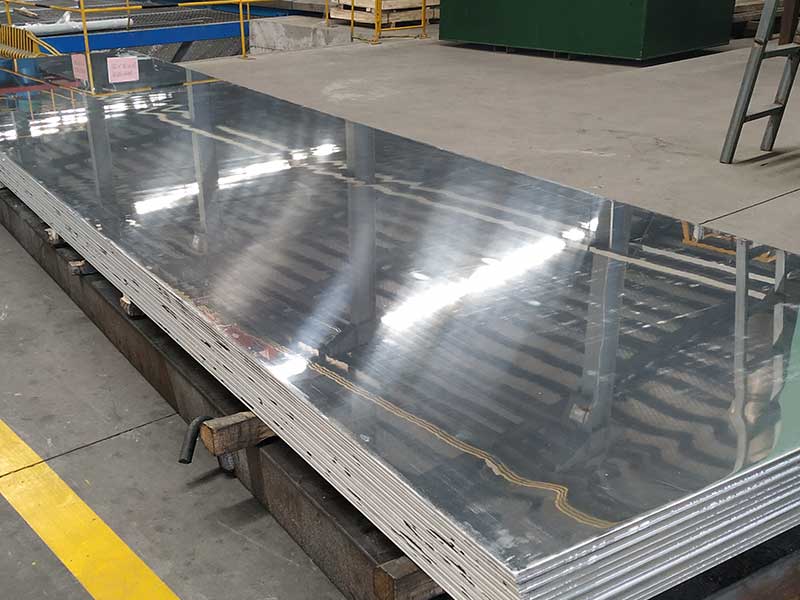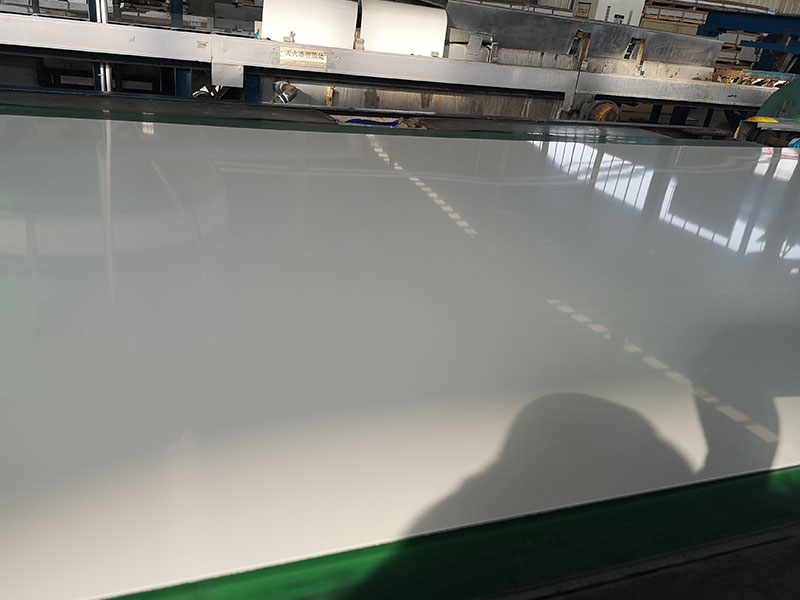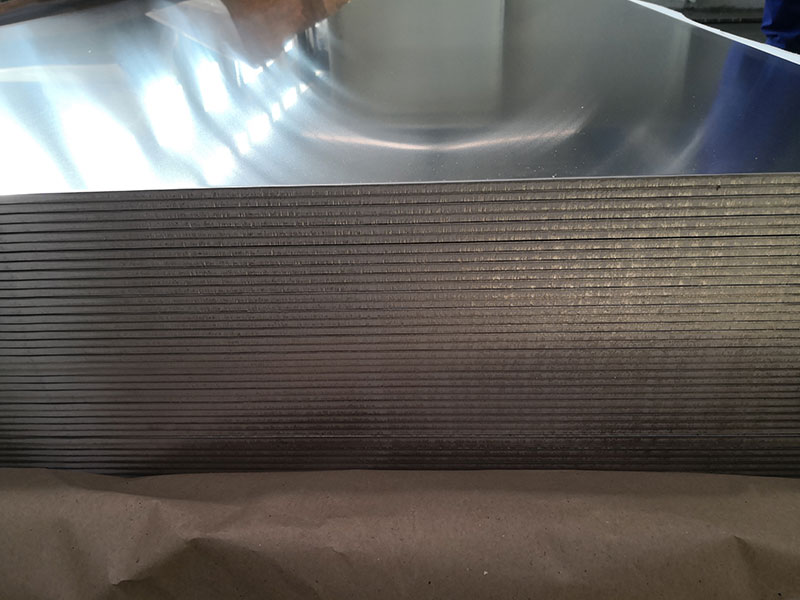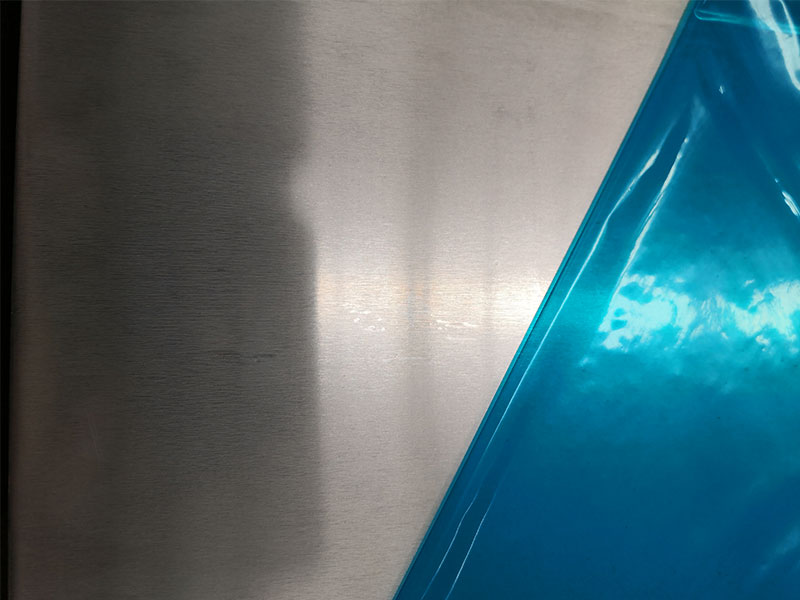Astm b209 alloy 6061 6063 7075 T6 aluminum sheet
Aluminum is renowned for its versatility and lightweight characteristics, which make it a preferred material across various industries. The ASTM B209 standard outlines the specifications for aluminum sheets and plates, particularly focusing on alloys like 6061, 6063, and 7075 T6. Understanding the distinctive features and applications of these aluminum alloys can aid manufacturers and engineers in selecting the right material for their projects.
Understanding ASTM B209 Aluminum Alloys
Before diving into specific alloys, it is essential to note what ASTM B209 encompasses. This standard provides the criteria for the chemical and mechanical properties of rolled aluminum sheet and plate that are primarily used for sheet metal fabrications. It establishes a framework for quality assurance, ensuring that the alloy meets the necessary specifications for its intended applications.
Alloy 6061: The All-Purpose Aluminum Sheet
Features: 6061 aluminum is widely regarded as a versatile choice with a superior balance of properties. It has excellent corrosion resistance, good weldability, and is lightweight with a density of roughly 2.70 g/cm³. Additionally, it can attain high strength levels through heat treatment, specifically in the T6 temper, where aging enhances its tensile strength, reaching approximately 290 MPa.
Applications: Due to its medium to high strength and good corrosion resistance, 6061 aluminum is often employed in the construction of marine hardware, structural components in buildings, and tooling applications. Its use in automobile chassis, bicycle frames, and aircraft builds emphasizes its range across different industries.
Alloy 6063: The Architectural Marvel
Features: 6063 aluminum alloy is designed primarily for architectural applications. With a clean finish and accommodating workability, it demonstrates excellent corrosion resistance. While its strength output doesn’t quite match that of 6061, 6063 achieves elevated strength when formed into complex shapes, making it highly sustainable for extrusion applications. In the T6 temper, the tensile strength can reach around 260 MPa.
Applications: The unique combination of structural strength and advanced aesthetic appeal makes 6063 ideal for architectural applications that require latest design specifications and durability. It finds prolific use in window frames, door frames, and other structural applications within the construction industry. Its versatile finish suitability also allows designers, engineers, and architects to create visually pleasing installations.
Alloy 7075: The Aerospace Powerhouse
Features: Regarded as one of the highest strength aluminum alloys, 7075 T6 aluminum boasts outstanding mechanical properties. With a tensile strength approaching 570 MPa, it is frequently compared to cold finished steel. 7075 also exhibits good resistance to stress corrosion, although less so than 6061 and 6063. This alloy is generally less corrosion-resistant, but is still highly valued for applications requiring a combination of light weight and high strength.
Applications: 7075 T6 aluminum excels in fields demanding maximal structural integrity such as aerospace, military applications, and high-stress automotive components. From aircraft wings and fuselage components to sporting goods where excellent strength-to-weight ratios are crucial, 7075’s applications are nearly limitless where durability is a non-negotiable requirement.
https://www.aluminumplate.net/a/astm-b209-alloy-6061-6063-7075-t6-aluminum-sheet.html


